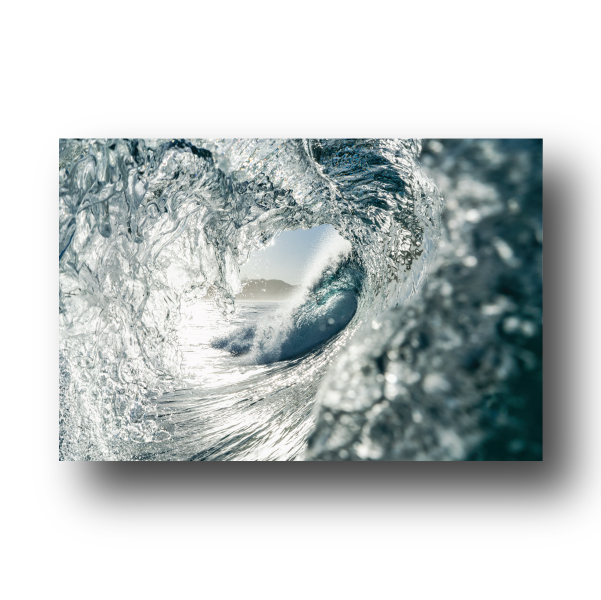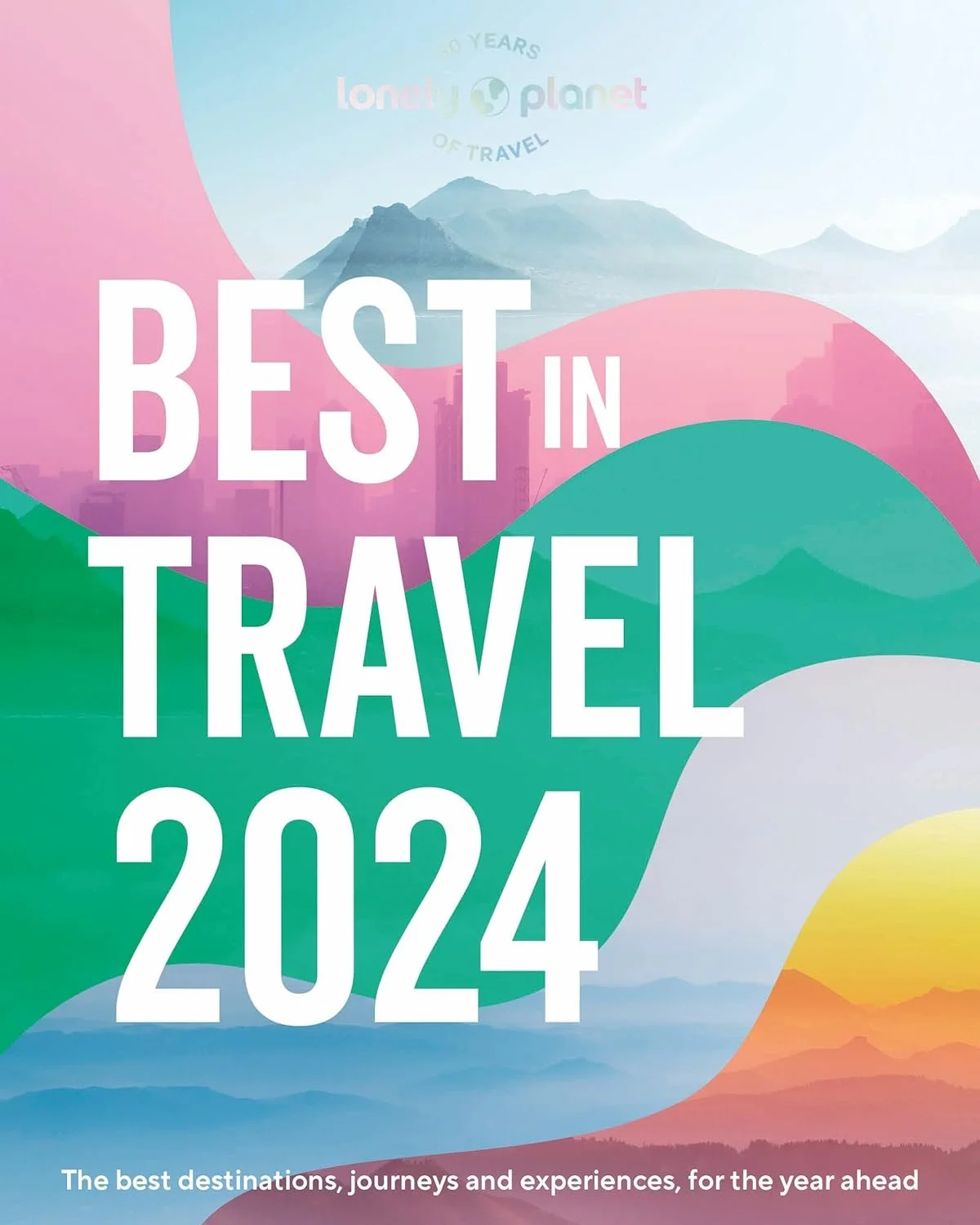Let Traveling Be Your Continued Education
Travel is often regarded as a leisure activity, called vacation, that serves as a chance to escape the routines of daily life and experience new destinations. But, what if it didn't? Instead, what if you took it as an opportunity to be your classroom? A dynamic classroom that offers valuable lessons, enriching experiences, and personal growth. With eight years of endless travel under my belt, I wanted to take this opportunity to explore how travel can be a classroom where one gains real life insights into history, culture, geography, and oneself.
A lobster fisherman taking in the sunrise before setting out on the water for the day. Photo by Dalton Johnson
History Lessons Beyond Textbooks
Traveling to different parts of the world is akin to stepping into a living history book. It provides an opportunity to witness, touch, and experience the remnants of the past. Historical sites and landmarks, whether they be the pyramids of Egypt, the Colosseum in Rome, or the Great Wall of China, are portals to bygone eras. They allow travelers to immerse themselves in the rich tapestry of human history. Yet, it doesn't have to be a grand destination to teach you something, as long as you keep your eyes open. Museums are great, but there are better ways to learn.
For example, after blowing up a Ford Bronco while shooting a youtube series for one of their ambassadors, we had nothing to do but surf and hang out on the beaches of San Juanico in Baja Sur. At first, it was a blessing, because the surf was good, but then it went flat. Looking for something to do, we wandered down to the marina (which is just a bunch of boats sitting on the sand) and started hanging with the fisherman who we noticed in the surf line-up. After a short while, they told us to come back the next day to go fishing with them. Which turned into a history lesson about famous locals, Mexican folklore, and so much more!
Geography and Environmental Awareness
Travel can be more than plane flights and bus rides, it's an opportunity to get your feet on the ground and experience a landscape that differs from your home. Offering a unique opportunity to study geography in a practical and engaging way. Unlike studying maps and globes, traveling allows individuals to witness geographical features, ecosystems, and climate variations firsthand. Whether exploring the lush rainforests of Costa Rica, the vast deserts of the Sahara, or the icy tundra of the Arctic, travelers learn about the world's geography in a tangible and memorable manner. Increasing our connection to the planet.
Bringing people closer to nature and the environment fosters an appreciation for the Earth's beauty and the importance of environmental preservation. Experiencing natural wonders such as the Grand Canyon, the Great Barrier Reef, or the Amazon rainforest instills a sense of responsibility toward the planet and encourages sustainable practices. Travel as a classroom, in this sense, can inspire individuals to become more environmentally conscious and advocates for conservation efforts.
Personal Growth and Self-Discovery
While travel can be a classroom for learning about the external world, it is also a powerful arena for self-discovery and personal growth. Stepping out of one's comfort zone and facing the uncertainties of travel can lead to increased self-confidence and resilience. Travelers are often confronted with unforeseen challenges and opportunities, and the ability to adapt and thrive in such situations is a valuable life skill.
Moreover, travel encourages introspection. Being in unfamiliar surroundings and away from the familiar routines of daily life prompts individuals to reflect on their values, goals, and aspirations. Given enough time, traveling can be a catalyst for personal transformation, where travelers reevaluate their priorities, discover hidden talents, and gain a deeper understanding of themselves.
Problem-Solving and Adaptation
It goes without saying, but we should say it. Travel is not without its challenges, and dealing with these challenges becomes a vital part of the educational experience. From navigating foreign transportation systems to overcoming language barriers and adapting to different customs, travelers must constantly problem-solve and adapt to changing situations.
These experiences in unfamiliar environments help develop critical thinking skills and resourcefulness. Travelers learn to approach problems with an open mind and a sense of adventure, which can be applied to various aspects of life. The ability to adapt to new and unexpected situations becomes a valuable asset in the ever-changing landscape of the modern world.
Using the open space, while camping in the wild, to reflect upon travel. Photo by Dalton Johnson
Travel is a classroom like no other, offering an array of educational opportunities. It provides lessons in history, culture, geography, and self-discovery that go beyond the confines of traditional education. Traveling exposes individuals to the world's diversity, fosters cultural understanding, and raises awareness of environmental issues. Moreover, it encourages personal growth, problem-solving skills, and adaptability.
The lessons learned from travel are not just academic but also deeply personal. They help individuals become more empathetic, open-minded, and self-aware. The classroom of travel broadens our horizons, enriches our lives, and equips us to navigate the complex and interconnected global society we live in. Travel, in all its forms, has the power to be a transformative force in our lives, providing education and enlightenment that no textbook or classroom can replicate.











